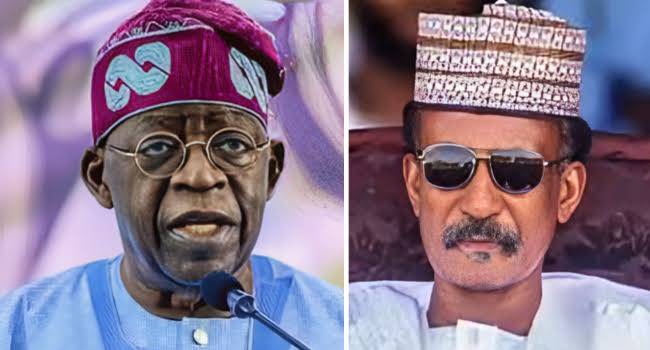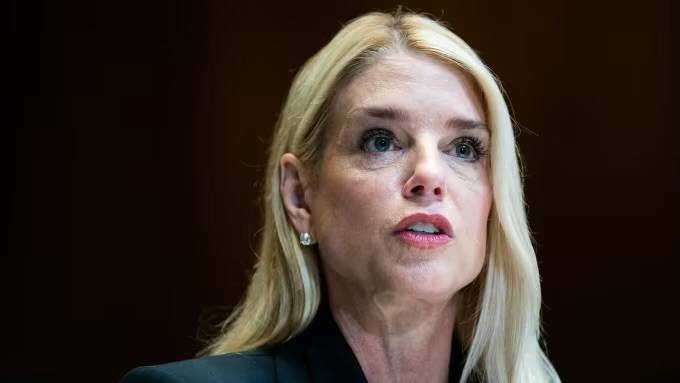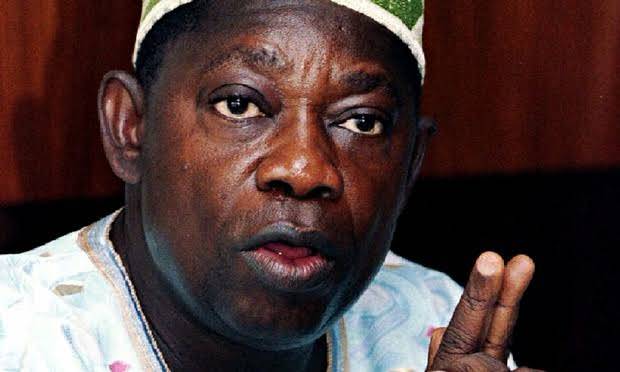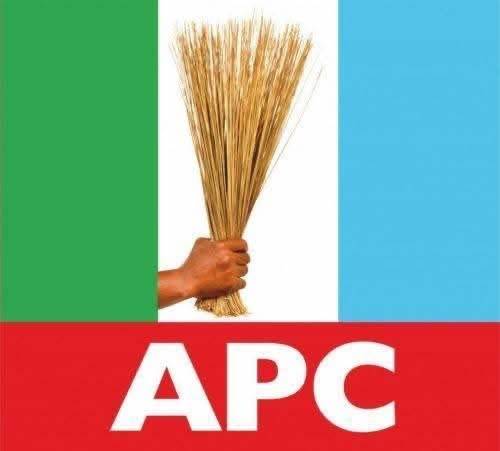•Verification challenge not from us, say telcos
Several subscribers affected by the Federal Government’s directive to ban their Subscriber Identification Module (SIM) cards for failure to link them with the National Identification Number (NIN) have cried out that despite making efforts to link the lines, they are still shut out from the networks.
At the order, which is over a week now, close to 75 million telephone lines were barred. Unfortunately, some lines that claimed to have gone through the linkage and verification process ab initio were affected as well.
Compounding the woes, some of the affected subscribers disclosed that the links provided by the telcos to link their SIMs to NINs are either slow in verifying them or not working at all. These challenges have further increased the number of people at both telecoms service outlets and NIMC offices across the country.
Visits by The Guardian in the last two days to some of these centres confirmed these developments as subscribers recount their ordeal, including extortion, which saw them coughing out as much as N5000 (N3000 for NIN and N2000 for validation) at some NIMC centres.
Though the quartet of MTN, Globacom, Airtel and 9mobile have respectively sent out links to assist affected subscribers to get their SIMs linked, no respite yet.
Speaking to The Guardian on the matter yesterday, the Chairman, Association of Licensed Telecoms Operators of Nigeria (ALTON), Gbenga Adebayo, urged affected subscribers to exercise patience, stressing that the challenges were not from operators.
Adebayo explained that operators collect NINs and subsequently send them across to the NIMC for verification. He said it is not until NIMC confirmed and returned the NINs that confirmation is guaranteed and linkage is done.
“I will appeal to affected subscribers to exercise some restraints. Operators usually wait for NIMC to confirm and verify collected NINs after they have sent those received to the NIMC backend. The slow confirmations are usually from the backend of NIMC. So, when subscribers are not getting responses after two or three days after registration, the challenge is from NIMC, they need to exercise patience. The commission must first confirm before the affected lines can be unbarred,” he stated.
ALREADY, the Nigerian Communications Commission (NCC) has informed telecoms consumers, whose SIM cards are barred from making calls that affected SIMs will not be unbarred by the service providers until they are linked with the NINs of SIM holders.
MEANWHILE, The Nigeria Data Protection Bureau (NDPB) has kick-started efforts in the full implementation of the National Digital Economy Policy and Strategy (NDEPS) of the present administration of President Muhammadu Buhari under the supervisory Ministry of Communications and Digital Technology by collaborating with the NIMC in upscaling the privacy of citizen’s data to earn their trust.
The NDPB National Commissioner, Dr. Vincent Olatunji, who made this known in his working visit to the Corporate Headquarters of NIMC in Abuja, yesterday, stated that the commission which is the highest data controller in the country should be a model for other data controllers since data is the foundation of everything in the country’s digital economy.
In his visit where he met with the NIMC Director-General, Abdulaziz Aliyu Abubakar and his management team, Olatunji averred that the privacy of data is an essential element in the process of achieving proper identification of citizens.
“There is nothing you would want to do in the digital economy without proper identity and you can’t achieve that without adequate privacy and protection of data”, he noted.
Nigeria’s Data Security Officer while reiterating the dedication of his team in actualizing the Bureau’s mandate stated that creating awareness for data controllers and data processors on their obligations to data subjects is their next line of action and there was no better place to start than with NIMC.
“With the registration of the National Identification Number (NIN) in the country hitting about 80 million, I don’t know any other data controller in the country with the number of data you have uniquely, a fact which necessitated our visit here and should be a model for other data controllers to emulate in the country”, he opined
While giving accolades to the Commission for the job done so far in ensuring all Nigerians have an identity, Olatunji however stated that best data protection practices must be adopted in the handling of citizenry data to meet global standards.
The NDPB boss, who asserted that there was no perfect system, urged the Commission to constantly review their processes, data privacy and upscale areas where necessary. He further admonished the Commission to align with the NDPR, which is the subsidiary legislation in terms of data protection in the country while buttressing the need for data minimization in ensuring a seamless process for citizens who want their data updated.
“In terms of filing a yearly audit report, we want NIMC to demonstrate that leadership by filing with us as enshrined in the NDPR to serve as an example to all data controllers because you are the biggest data controller”, he mentioned.
Abubakar, NIMC DG, in his welcome remark applauded the Bureau for their efforts thus far in ensuring the privacy and protection of citizenry data and disclosed that the Commission is an advocate of data protection as well.
Revealing the mandate of the Commission to come up with a database of all citizens, and legal residents in the country and harmonizing all discrete databases, the DG stated that the NIN would help mitigate crime and fight insecurity in the country.










